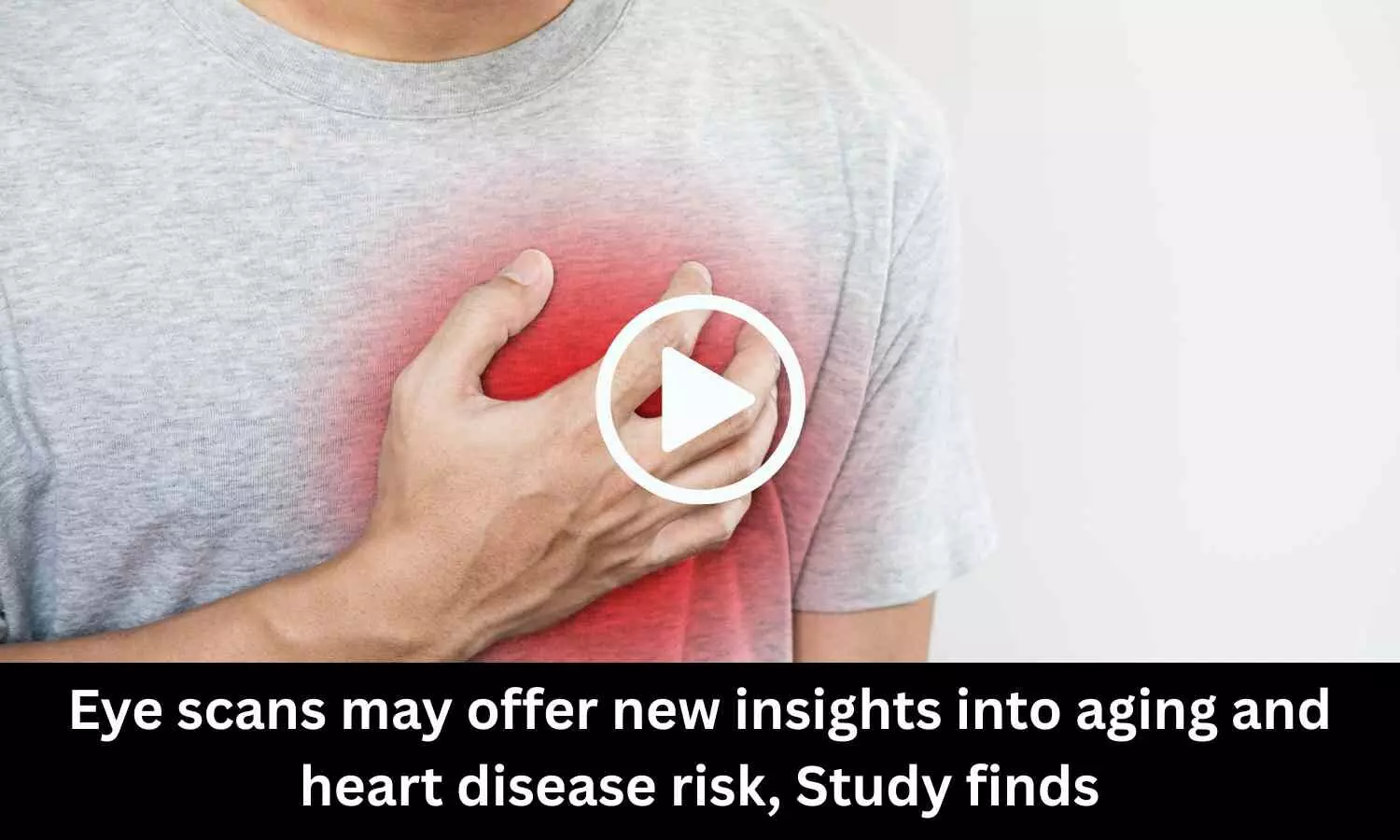Copyright medicaldialogues

Researchers from McMaster University and the Population Health Research Institute (PHRI) have found that the tiny blood vessels in our eyes could hold vital clues to heart health and biological aging. Published in Science Advances, the large-scale study suggests that retinal scans could one day act as a simple, noninvasive screening tool to detect cardiovascular disease and gauge how quickly a person is aging biologically. The retina’s intricate network of blood vessels provides a unique, noninvasive window into human health, reflecting the condition of the body’s microvascular system. Because the retinal vessels share structural and functional similarities with blood vessels in vital organs such as the heart and brain, any changes observed in the eye-like narrowing, reduced branching, or increased stiffness-can indicate early signs of systemic vascular damage. This makes the retina an ideal and highly sensitive tool for assessing overall circulatory health and biological aging. For the study, scientists analyzed retinal imaging, genetic, and blood data from over 74,000 individuals across four major global cohorts — the Canadian Longitudinal Study on Aging (CLSA), the UK Biobank (UKBB), GoDARTS, and PURE. Advanced imaging analysis allowed the team to compare vessel structure to biological and cardiovascular markers. Further genetic and proteomic evaluations identified key molecules influencing aging and vascular integrity, notably MMP12 and IgG–Fc receptor IIb, both tied to inflammation and vascular degradation. They found that people with simpler, less branched blood vessels were at increased risk of cardiovascular diseases and showed signs of biological aging, such as higher inflammation and shorter lifespan. Another important aspect of the study came from reviewing blood biomarkers and genetic data. Through this, researchers uncovered not just associations, but potential biological causes behind changes in the eye's blood vessels. This helped them identify specific proteins that may drive aging and disease. Senior author Dr. Marie Pigeyre explained “These results open new avenues for preventive medicine. By pinpointing proteins and pathways that drive vascular aging, we can identify novel drug targets and reduce future cardiovascular burden.” Reference: Ana Villaplana-Velasco et al. ,Mendelian randomization study implicates inflammaging biomarkers in retinal vasculature, cardiovascular diseases, and longevity.Sci. Adv.11,eadu1985(2025).DOI:10.1126/sciadv.adu1985



